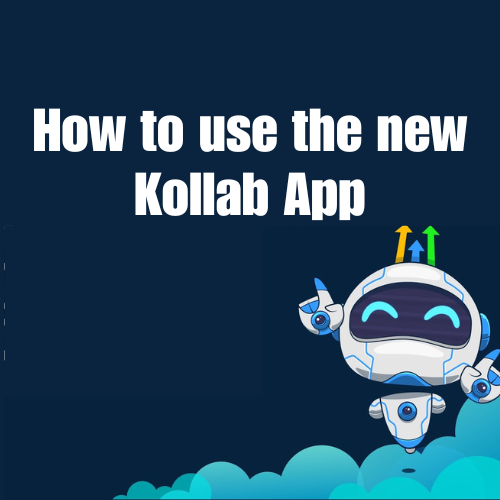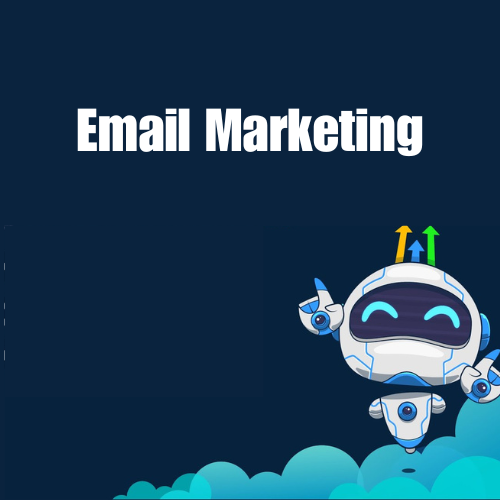**Introduction**
In the evolving landscape of AI and automation, large multi-task language models (LLMs) such as T0, FLAN, and OPT-IML have set new benchmarks for natural language processing (NLP) tasks. These models unify various NLP tasks within an instruction-following framework, showcasing remarkable generalization capabilities. However, deploying these sizable models presents challenges due to their computational and memory demands. Recognizing these limitations, Google Research engineers Yun Zhu and Lijuan Liu have introduced a novel approach, Cappy, which leverages a small pre-trained scorer to enhance and boost LLM performance efficiently.
**Challenges with Large Multi-task LLMs**
Large multi-task LLMs operate by converting task-specific templates into instruction-response pairs for training. Despite their superior task-wise generalization capabilities, these models require significant computational resources and memory, which can be prohibitively expensive for small to medium-sized businesses. Moreover, these models are often closed-sourced, making adaptation challenging. The need to store multiple LLM copies for downstream tasks further exacerbates this issue, highlighting the necessity for a more efficient solution.
**Introducing Cappy**
Cappy addresses these challenges by incorporating a lightweight pre-trained scorer, based on continual pre-training on top of RoBERTa, with only 360 million parameters. Cappy evaluates the correctness of responses to instructions, providing a score between 0 and 1. This scoring mechanism either operates independently on classification tasks or serves as an auxiliary component for LLMs, significantly boosting their performance. Notably, Cappy enables downstream supervision without requiring back-propagation through LLM parameters, thereby reducing memory demands and easing adaptation.
**How Cappy Enhances LLMs**
Cappy’s pre-training dataset includes instruction-response pairs with annotated correctness scores, utilizing metrics like Rouge-L to measure response quality. With an effective regression dataset of 160 million instances, Cappy is pre-trained on Google’s TPU-v4 infrastructure. This approach results in a model that outperforms larger counterparts like OPT-175B and OPT-IML-30B while matching the accuracy of leading LLMs such as T0-11B and OPT-IML-175B.
**Real-world Applications**
Cappy’s application extends to various contexts, including those involving complex and personalized tasks. For instance, when integrated with FLAN-T5 models across 45 generation tasks within BIG-Bench, Cappy consistently enhances performance, as evidenced by higher average Rouge-L scores. This capability makes Cappy an indispensable tool for businesses needing efficient and scalable AI solutions without the overhead associated with large multi-task LLMs.
**Conclusion**
Cappy represents a significant advancement in the domain of multi-task LLMs, offering an efficient and scalable solution for businesses aiming to leverage AI for various applications. By providing superior performance with lower computational and memory requirements, Cappy paves the way for broader adoption of AI technologies in business settings.
**Call to Action**
Start your 14-day trial with us and gain access to our exclusive learning community. We specialize in building custom AI and automation systems for businesses. Get in touch today to explore how our tailor-made solutions can elevate your business operations.



